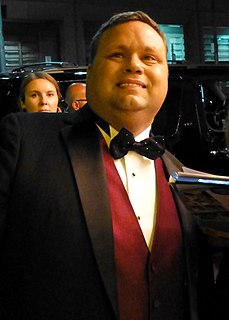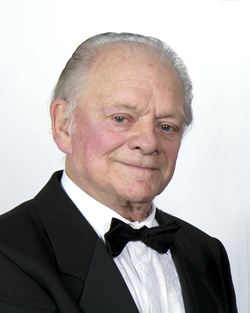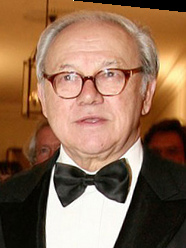A Quote by Paul Potts
When I first went on Britain's Got Talent I was famous for my cheap suit, my wonky teeth and the fact that I sold mobile phones for a living.
Related Quotes
Americans respect talent only insofar as it leads to fame, and we reserve our most fervent admiration for famous people who destroy their lives as well as their talent. The fatal flaws of Elvis, Judy, and Marilyn register much higher on our national applause meter than their living achievements. In Amerca, talent is merely a tool for becoming famous in life so you can become more famous in death - where all are equal.
There was once this viral photo of the Pope doing his Pope-mobile parade, and everyone had their phones up. But there was this one old woman looking over the fence so beautifully at him. She was totally in the moment. For me, then, I think there shouldn't be any phones at a Pope-mobile situation - or at a Beyonce concert.
I think it takes a very generous and tolerant non-famous partner to stick with the famous person, especially if s/he wasn't famous when they first got together. And add to it the fact that the Web makes it extremely easy to meet admirers... well, there are a lot of temptations to be ignored, or else embraced.




































